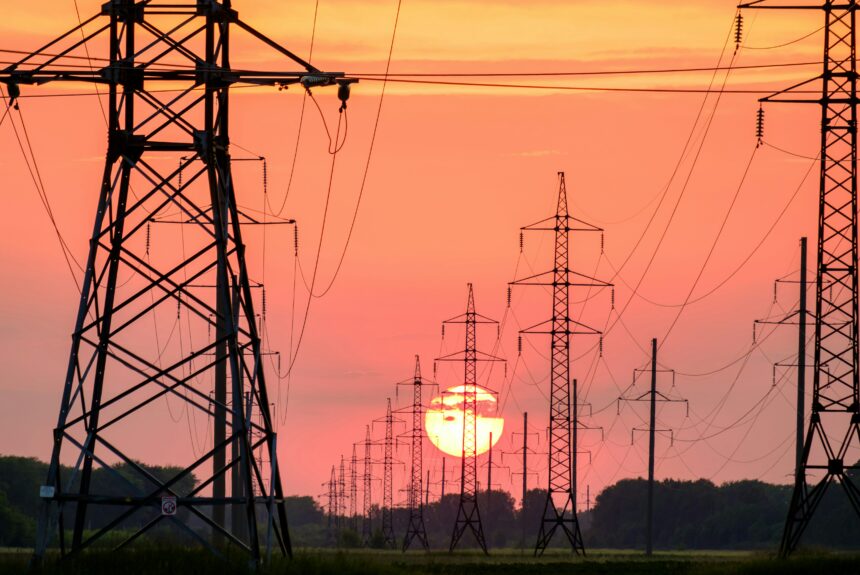The rise of artificial intelligence is generating higher levels of productivity and efficiency for the economy, but it is also causing significant strain on the power grid. In May, the North America Electric Reliability Council (NERC) released a report that warned of increased risks of outages and blackouts this summer as grid demand rises from AI, summer heat, variable energy sources, and a lack of transmission.
>>>READ: 4 Ways AI Will Deliver Energy and Environmental Benefits
These warnings have garnered the attention of policymakers in Washington, D.C. Recently, the House Energy and Commerce Subcommittee on Energy, Climate, and Grid Security held a hearing to understand the challenges that America’s energy grid is facing.
Without the necessary policy reforms, reliability concerns are likely to continue. Subcommittee Chairman Jeff Duncan (R-SC) underscored the challenges during his opening remarks:
“We are seeing demand grow at a scale and pace that many utilities have never seen before. By some estimates, demand will grow by 5% per year nationwide through the end of the decade. But in certain parts of the country, demand could grow by as much as 20%.”
Indeed, a recent report from Grid Strategies found that PJM, the country’s largest RTO, will need to add 623 terawatt-hours (TWh) of annual generation capacity by 2040 to supplement oncoming demand. That’s enough to power 623 million homes for a year. Under a higher demand scenario, the study estimates that PJM will need to bring 798 TWh of power online.
America’s inefficient regulatory process is further exacerbating the issue. One study from the Lawrence Berkeley Laboratory found that permitting delays and interconnection queues are slowing down the country’s ability to build new transmission lines. From 2000 to 2010, it took a project a little over two years to move through the queue and receive the green light to begin construction. Today, this timeline has nearly doubled. The 8,100 projects sitting in the queue in 2021 represent more than the combined power capacity of all U.S. electricity plants.
Permitting delays have not only hurt grid reliability but project costs as well. From 2019 to 2021, the price to connect a wind farm to the grid in the Midwest and Canada cost double what it did between 2000 and 2018.
Tom Hassenboehler, Chair of the Advisory Committee at the Electricity Customer Alliance and witness at the hearing, warned that if the U.S. cannot quickly build out energy transmission, economic growth and opportunity will be hampered. He said, “The economic drivers who rely on access to electricity are going to go to the places where there are areas of efficient permitting, where there are areas of easy interconnections, and frankly where they have markets to drive innovation.”
>>>READ: Is the Future of Energy Storage Underground?
Tony Clark, a former commissioner for the Federal Energy Regulatory Commission (FERC), echoed Hassenboehler’s statements, writing in his testimony that, “It is the interminable federal agency consultation and permitting process which frequently act of roadblocks to sensible permitting of critical infrastructure on public lands.”
Energy affordability and reliability is a priority for American families and businesses. Grid operators, regulators, and businesses agree that the U.S. will need more power in the future to meet rising energy demands. Now policymakers need to address this challenge by modernizing permitting and increasing competition in the industry to lower project costs and accelerate timelines.
Dan Selby is a senior at NYU and Summer Intern at C3 Solutions.
The views and opinions expressed are those of the author’s and do not necessarily reflect the official policy or position of C3.
